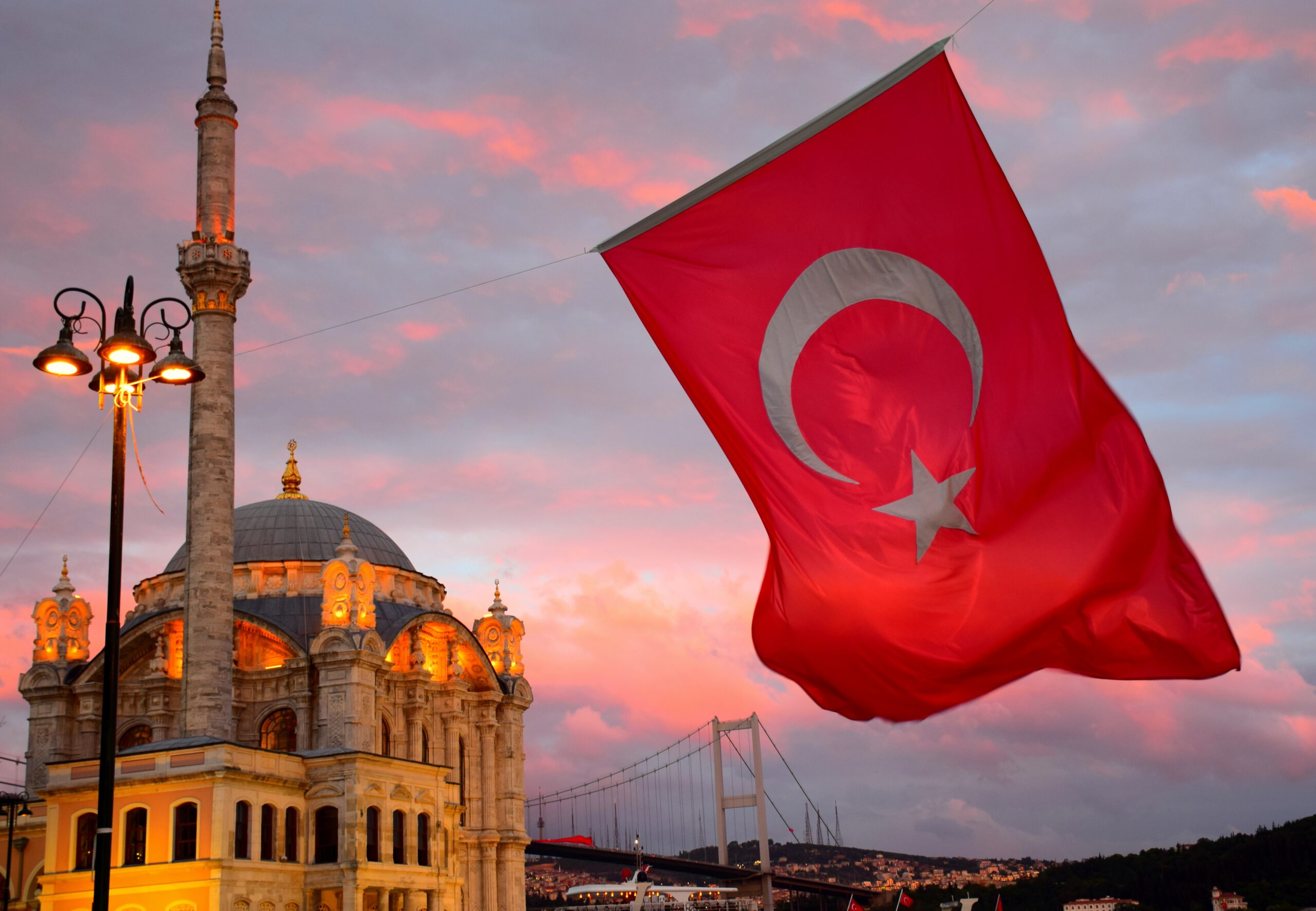
Credit: Unsplash
Turkish presidential election heads to a runoff as Erdogan fails to secure an outright win, leaving the country at a pivotal crossroads.
The highly charged presidential election in Turkey has taken an unexpected turn as neither the incumbent, Recep Tayyip Erdogan, nor his challenger, Kemal Kilicdaroglu, managed to secure an outright victory. With more than 99% of votes counted, Erdogan is currently in the lead with 49.46% of the vote, while Kilicdaroglu trails closely behind with 44.79%, according to Turkey’s Supreme Election Council (YSK). However, to win, a candidate must receive more than 50% of the vote, leading to the possibility of an unprecedented runoff election.
This election holds immense significance for Turkey, a country grappling with a battered economy, tensions surrounding its relationships with Russia and NATO, and concerns over a potential slide toward authoritarianism. With a population of 85 million people, the deeply divided nation is at a crucial crossroads.
If no candidate surpasses the 50% threshold, the runoff election will take place two weeks later, on May 28. Erdogan’s conservative and Islamic-rooted Justice and Development Party (AKP) remains confident despite the uncertainty. Erdogan addressed his supporters late Sunday night, expressing his belief in serving the nation for the next five years. Kilicdaroglu, representing a united front of six opposition parties, is determined to secure victory in the second round of voting.
Erdogan’s political career has spanned two decades, with him serving as Turkey’s prime minister from 2003 to 2014 and as president since 2014. He gained prominence as the mayor of Istanbul in the 1990s and was initially praised for his efforts in positioning Turkey as an emerging market economic powerhouse. However, recent years have presented significant challenges. Erdogan’s economic policies have contributed to a cost-of-living crisis, burdening Turkish citizens and making it difficult to afford basic necessities.
🇹🇷
The Central Election Commission of Turkey has officially announced the second round of presidential elections in the country, scheduled for May 28. None of the candidates won 50% of the vote.Results of the first round:
Recep Tayyip Erdogan – 49.51%
Kemal Kilicdaroglu -… pic.twitter.com/IbyZA0PBrS
— Spriter (@Spriter99880) May 15, 2023
Furthermore, tensions between Turkey and the West have escalated, with Erdogan’s government facing criticism both domestically and internationally. Critics accuse the government of implementing increasingly autocratic measures, such as cracking down on protesters, shutting down independent media outlets, and expanding presidential powers.
As Turkey navigates this critical juncture, the upcoming runoff election will determine the direction the country takes. The outcome will have far-reaching implications for Turkey’s economy, geopolitical relationships, and democratic future. All eyes are now on the candidates as they prepare for the runoff, which will decide who will lead Turkey for the next five years.
Hollywood Writers on a Strike?
-
The ability to speak two languages has often been cited has a desirable trait amongst the population. For employment...
-
At a time when internet radio is exploding out of control, Pandora is getting ripped off when it comes...
-
Nowadays nobody can imagine how the English capital would be like without its public underground system. And the strikes...
-
In South Africa there is a law that says that every company is required to consult with the government...
-
In France there was a massive protest against the President’s plan to legalize gay marriage in the country. While...












